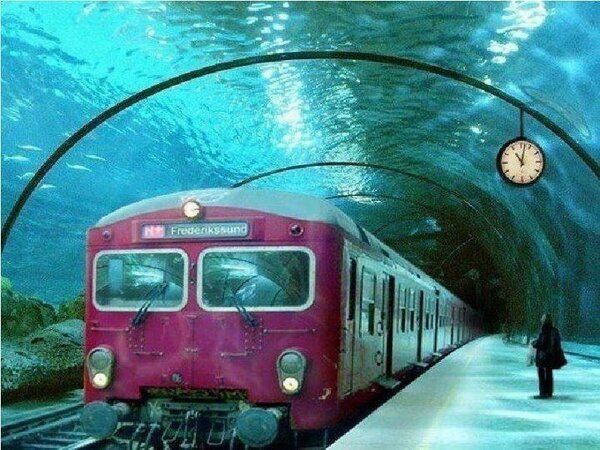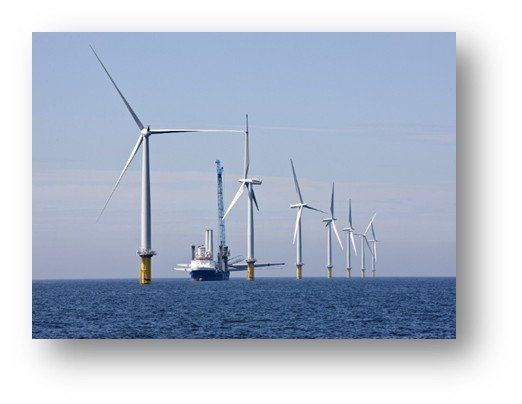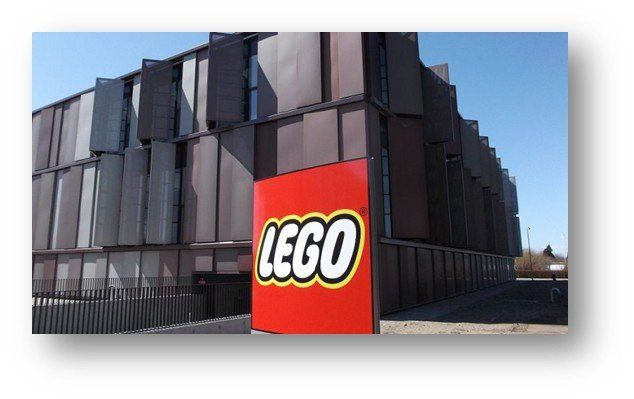DENMARK
Denmark is one of the countries with the most developed welfare state. Education is free through university, healthcare is quality, and unemployment benefits are very high. The public sector is the country's largest employer.
Denmark is one of the 27 sovereign states that make up the European Union. It is located in Northern Europe. It is the southernmost of the Nordic countries and also the smallest in area. Officially, the Kingdom of Denmark—Danish: Kongeriget Danmark or Danmarks Rige—is a community made up of three autonomous parts: Denmark itself and its two overseas territories or dependent territories, Greenland and the Faroe Islands. Its capital and most populous city is Copenhagen, located on the island of Zealand. Denmark stands out among the Scandinavian countries for its advanced engineering, cold winters, heavily forested landscape, and low population density. Named the least corrupt country in the world (2010), with low economic growth since 1987 and, according to studies, the country where inhabitants are the happiest and one of the best in the world to live in. Denmark is part of Scandinavia and only has a land border with Germany, although since 1999 it is linked to Sweden by road and rail, across the Øresund Bridge. The Danish territory is made up of the Jutland peninsula (Jylland) and 407 islands of which 79 are inhabited (2009). Denmark has 7,314 km of coastline and is completely surrounded by the North Sea and the Baltic Sea, with the exception of Jutland, which connects it to the European continent. The main Danish islands are Zealand (Sjælland), Funen (Fyn), Vendsyssel-Thy, Loland and Bornholm, the furthest from the Danish archipelago. This position has historically given Denmark control over access to the Baltic Sea. Since 1849, when the absolute monarchy that had ruled the country since 1660 was abolished, it became a parliamentary monarchy in 1901. In terms of permanence, the Danish monarchy can be considered the oldest in the world, having existed for at least a millennium. Denmark is part of the European Union, although it does not use the euro. When the country joined the EEC in 1973, it did so without the Faroe Islands, while Greenland opted to separate from the EEC in 1985. It also became a founding member of NATO in 1949, ending the traditional policy of neutrality it had maintained until then. Due to its nature, poor in geological resources, Denmark focused its economy on agriculture, thanks to its farms, the exploitation of pumps, and the naval industry. Over the last century, the Danes have driven their country's industrialization and fostered the establishment of a welfare state model, guaranteeing access to public services since the signing of the Kanslergade Agreement in 1933 and developing a highly developed mixed economy.
Interesting facts
Consulate of Denmark in UruguayHonorary Consul: Ernesto SchönbrodAddress: Zabala 1542 office 203Telephone: 2916 7448Email: danconsul@adinet.com.uyOpening hours: Monday to Friday from 9 a.m. to 5 p.m.Recommended Websites: Official Danish Website: www.denmark.dkComprehensive information about Denmark: www.madeindenmark.dkOfficial Website of the Danish Ministry of Foreign Affairs: www.um.dkEmbassy of Denmark in Argentina: www.buenosaires.um.dk








